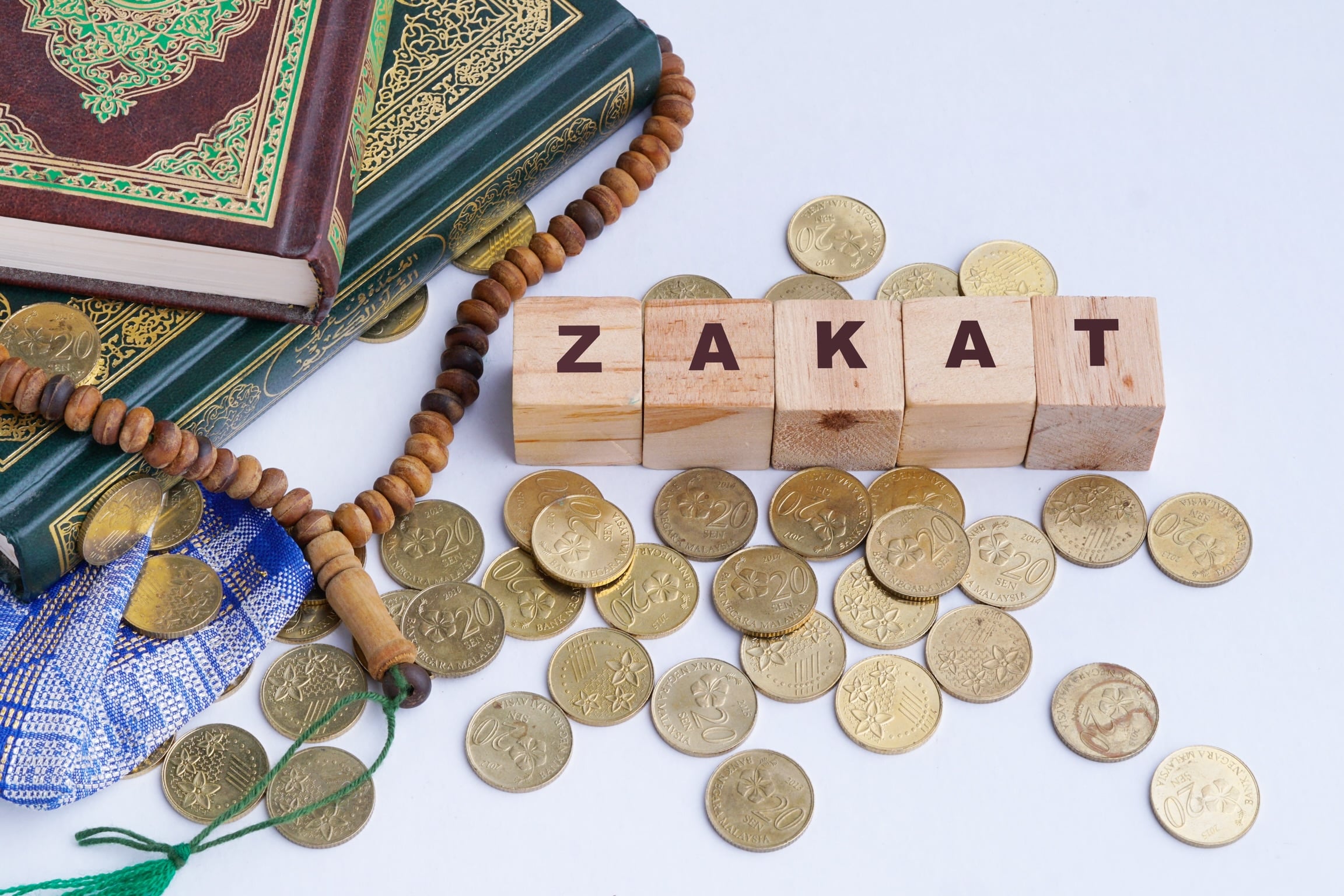The UN said Friday that its refugee operations were seeing swelling funding through a dedicated Islamic philanthropy platform aimed at collecting the charity payments required of Muslims under the religion.
A day after the start of the Muslim holy month of Ramadan, the United Nations' refugee agency said it was increasingly able to channel obligatory donations under Islam to help fund its activities.
Since it was first piloted in 2017, the UNHCR's Refugee Zakat Fund has raised nearly $200 million from Zakat -- one of the five pillars of Islam, which requires Muslims to give around 2.5 percent of their savings and wealth each year as obligatory almsgiving -- and from voluntary charity funds known as Sadaqah.
"During the last five years, we managed to assist six million people, mainly in Muslim countries, with the Zakat and the Sadaqah," Khaled Khalifa, UNHCR's representative to the Gulf Cooperation Council countries, told reporters in Geneva.
The main recipient operations have been for Rohingya refugees in Bangladesh, internally displaced people in Yemen, and Syrian refugees in Lebanon.
Overall, cash assistance and other aid has been handed out across 26 countries. Last year, the fund received $21.3 million in Zakat contributions and $16.7 million in Sadaqah donations, the UNHCR said.
Khalifa said the UNHCR platform had allowed it to become the main beneficiary of such funds within the UN system and perhaps in the global humanitarian sector.
While the aid went mainly to Muslim-majority countries, Khalifa said that "we do not help Muslims alone, and we do not divide the beneficiaries by religion".
He acknowledged that compared to the UN refugee agency's overall multibillion-dollar budget, Islamic philanthropy represented "only a drop in the ocean".
"I hope it will be much bigger in the future," he said. So far, Sheikh Thani Bin Abdullah Bin Thani Al-Thani of Qatar, who serves as a UNHCR advocate, has been the biggest contributor to the fund, providing more than $110 million to date, or more than half of total contributions.
"I think this demonstrates how powerful this tool could be if we provide a platform for individual donors who can contribute to refugee issues worldwide," Khalifa said.
He added though that the fund is trying to "reduce our dependence on large donors... and to rely more on small, individual donors who can contribute small amounts but in an economy-of-scale perspective."
The agency is hoping to see more funds coming in during Ramadan. "Last year, we raised more than $20 million in Ramadan alone," Khalifa said. "We are hoping to exceed that this year." — AFP











